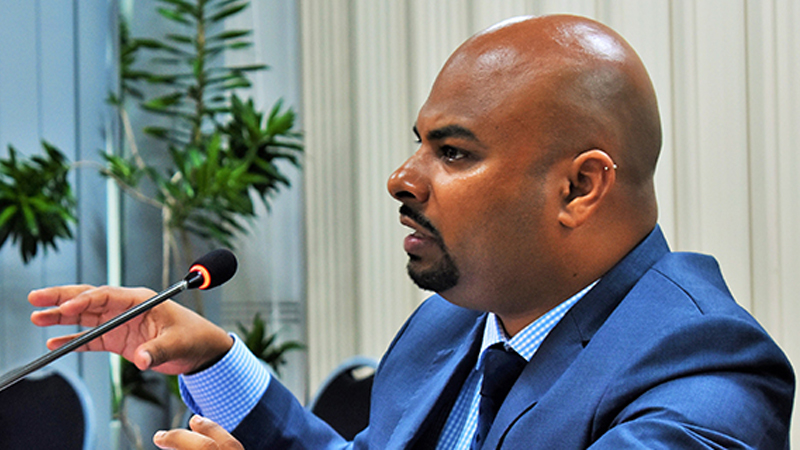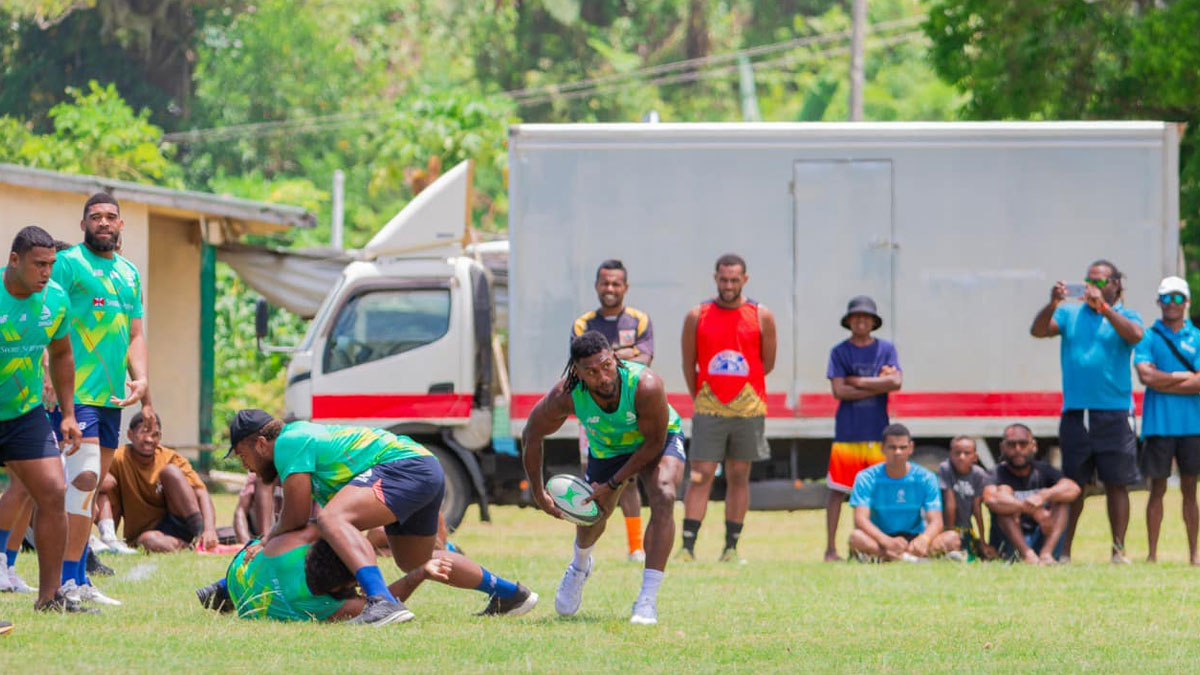
The Human Rights and Anti-Discrimination Commission has recommended that Fiji without reservations, ratify the Optional Protocol to the Convention on the Rights of the Child on the involvement of children in armed conflict.
Commission Director Ashwin Raj says the Optional Protocol raises the minimum age for direct participation in hostilities to 18 years from the initial minimum age of 15 specified in the Convention on the Rights of the Child and other legal instruments.
He says under the RFMF Act 1949, no person shall be enlisted in the Forces who is under the age of 18 years, provided that the Commander may permit the enlistment of such number of persons of or above the age of 16 years and under the age of 18 years as he or she may from time to time determine.
Raj says the Optional Protocol will serve as a deterrent to the compulsory recruitment of anyone under the age of 18 by government forces or non-state armed forces.
Raj has recommended that there needs to be a review to strengthen the country’s legislation and recruitment practices to ensure consistency with the Optional Protocol.
He has stated that Fiji has adequate legal safeguards that are in consonance with the minimum requirements of the Optional Protocol that prohibits recruitment of children below the age of 18 in armed forces or situations of hostilities.
He says Section 41(d) of the Fijian Constitution expressly provides that every child has the right “to be protected from abuse, neglect, harmful cultural practices, any form of violence, inhumane treatment and punishment and hazardous or exploitative labour”.
Raj says the Employment Relations Act 2007 prohibits forced labour of children in Fiji. The Act defines a child as a person who is under the age of 18 years and defines forced labour as including any work or service exacted in accordance with compulsory military service laws for work of a purely military character.
He says Fiji signed the Convention on the Rights of the Child on 2nd July 1993 and ratified the Convention on 13 August 1993. Fiji subsequently signed the Optional Protocol to the Convention on the Rights of the Child on the involvement of children in armed conflict on 16th September 2005 and has yet to ratify the Optional Protocol.
He also recommended the promotion of education and advocacy on the rights and obligations under the Optional Protocol by the state, civil society and national human rights institution including awareness in schools through human rights education.
Raj says it is imperative that the State and national human rights institution develops its capacity in this area to enable effecting monitoring and reporting.
He says violence in situations of hostility and armed conflict deprives children of the right to family and private life, the right to be free from violence, displacement, trauma and stigmatization, safety, sexual and reproductive health rights, education and freedom from discrimination on prohibited grounds.
He says that girl child is often disproportionately affected because of sexual and gender-based violence and they often languish under the weight of rape, sexually transmitted infections, pregnancies and the challenges of dignified reintegration into society.
Stay tuned for the latest news on our radio stations


